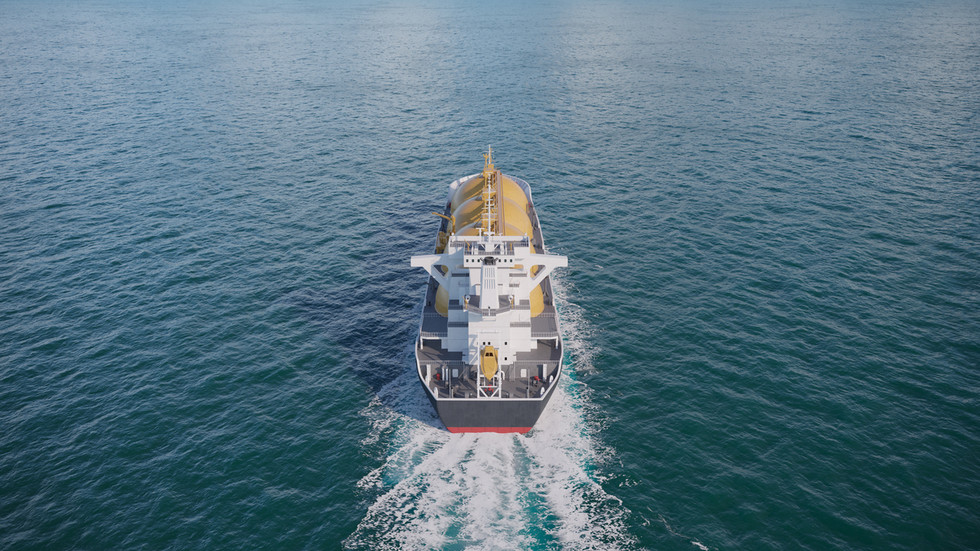The bloc is reportedly preparing a plan to end all imports, including LNG, by the end of 2027
The European Commission (EC) plans to propose legislation to phase out all Russian pipeline and liquefied natural gas (LNG) by the end of 2027, Bloomberg reported on Monday.
Since the escalation of the Ukraine conflict in 2022, the EU has been pushing to sever energy imports from its one-time biggest supplier. Despite a significant drop in volumes, Russia remains a substantial source of gas for the bloc through a pipeline via Turkey and shipments of LNG.
According to people familiar with the matter, in June the EU plans to propose a ban on new Russian gas contracts and spot purchases – with the measures set to take effect by year’s end.
The EC is also expected to adopt steps next month to phase out the remaining Russian pipeline gas and LNG tied to long-term contracts, though those would require a transition period until the end of 2027. The plans, due to be unveiled in Strasbourg on Tuesday, are still subject to change, the sources said.
A push to ban Russian LNG was previously floated during talks on the EU’s 16th sanctions package, adopted in February 2025, but was abandoned following opposition from some member states.
France, Spain, and Belgium continue to import significant volumes of Russian LNG, accounting for 85% of Europe’s LNG imports from the sanctioned country, according to the Institute for Energy Economics and Financial Analysis (IEEFA).
While pipeline flows from Russia have dropped sharply since 2022, EU imports of Russian LNG have soared. Russia supplied 17.5% of the bloc’s LNG in 2024, second only to the US, which had a 45.3% share.
The proposed ban could create more room for US LNG exports, Bloomberg sources said. Washington has long urged the EU to reduce its reliance on Russian energy, once describing American LNG as “molecules of freedom.”
However, a recent Reuters report said banning Russian LNG could weaken the EU’s hand in trade talks with the US, where Brussels is seeking to use energy imports as leverage to lift tariffs on EU goods.
At the same time, some EU industry leaders have called for a return to cheaper Russian gas amid a worsening manufacturing crisis.
Russia has repeatedly said it remains a reliable energy supplier and has denounced Western sanctions and trade restrictions targeting its exports as illegal under international law. The country has also successfully shifted exports to ‘friendly’ markets.
Read the full article here
